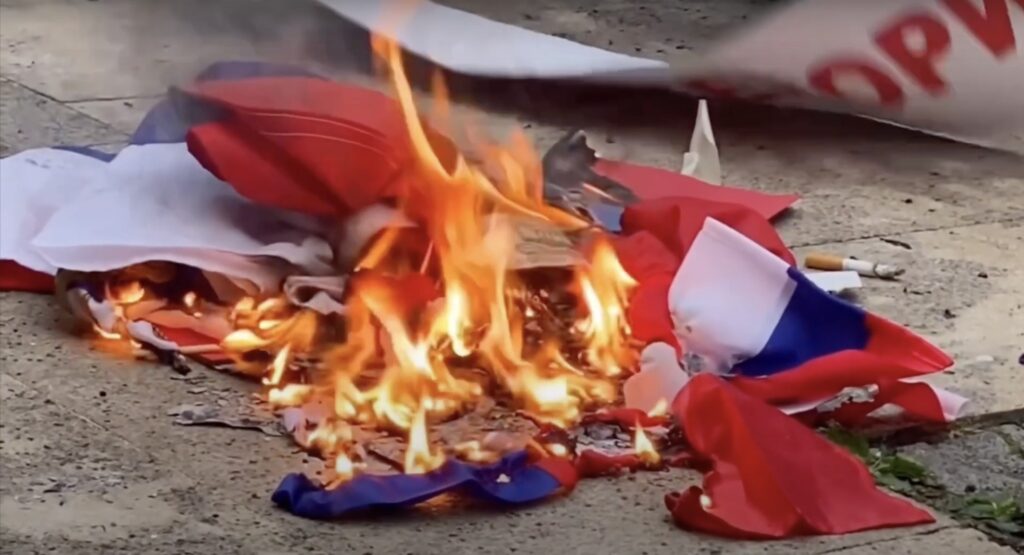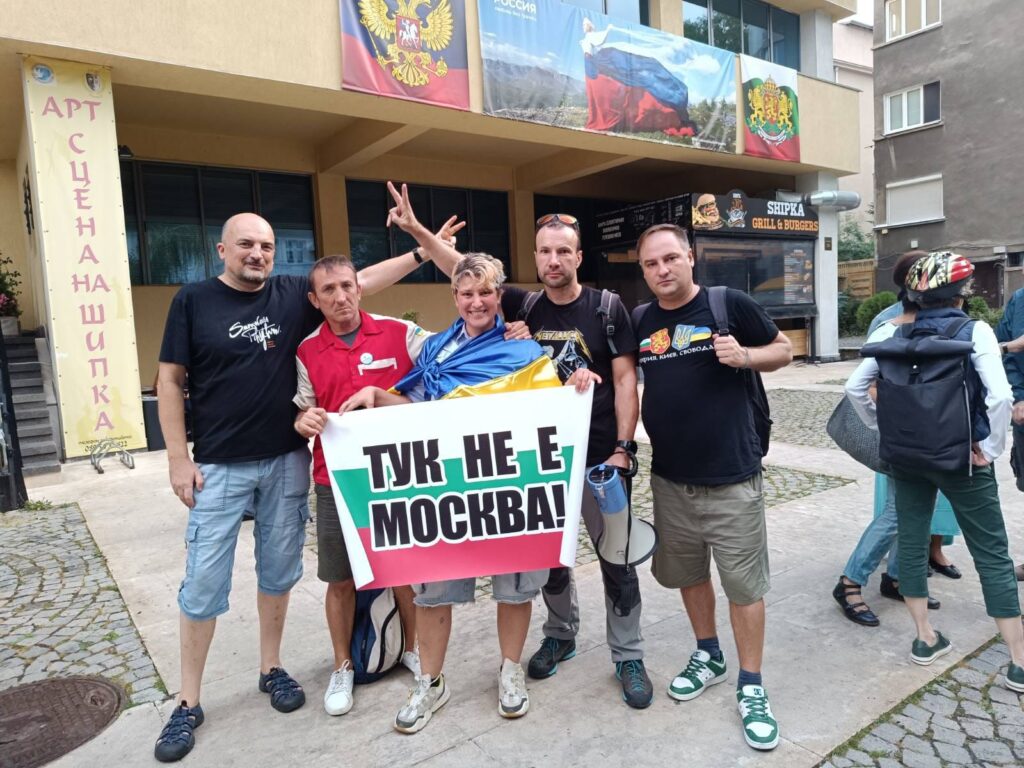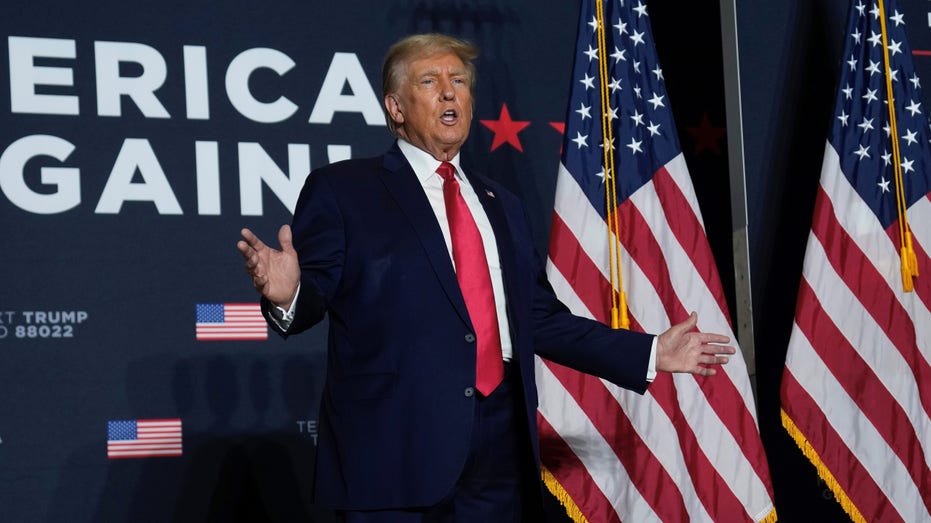Artist arrested for anti-Russia protest and Russian flag burning in Bulgaria
Witnesses from the civil organization BOEC accused Bulgarian police of physical violence and verbal threats to the US-Bulgarian artist, who was protesting Russia's actions in Ukraine. The Sofia District Court, however, ruled in favor of free speech, acquitting Alexandra Mileva.


A dual US-Bulgarian citizen was arrested and subsequently released after protesting and burning a Russian flag outside the Russian Cultural and Information Center in Sofia, the capital of Bulgaria.
Bulgaria is a member of the European Union and NATO but the country’s political landscape includes also pro-Russian factions that are more hesitant to support military aid to Ukraine or take a strong stance against Russia.
Alexandra Mileva, an artist who recently returned from filming at the frontline in Ukraine, was detained on 29 August for writing “murderers” in chalk on the building of the Russian Cultural and Information Center and burning the Russian flag, according to BOEC (Fighter) Bulgarian NGO.
“Her action is an expression of her civic position in support of Ukraine and against the daily killings of innocent people by putin’s war criminals!” wrote BOEC on Facebook.
Witnesses from BOEC allege that police officers pushed, insulted, and threatened Mileva before handcuffing her.

Mileva’s lawyer, Polina Velcheva, told that her client was held for 24 hours, with prosecutors seeking a punishment of 15 days’ imprisonment or a fine between €50 ($55) and €250 ($276) for hooliganism.
On 30 August, the Sofia District Court acquitted Mileva, ruling that her actions constituted an expression of opinion rather than disrespect for society, BOEC reported. This decision aligns with previous European Court of Human Rights rulings protecting the right to peaceful protest.
In a show of solidarity with Mileva, BOEC and other citizens organized a “barbecue” on 31 August, burning several Russian flags in front of the Russian Cultural Centre in Sofia. Police did not intervene during this demonstration.

In June, Bulgarian President Rumen Radev declined to attend the NATO summit due to his anti-Ukraine stance, reflecting internal political divisions and public opinion in Bulgaria, where significant pro-Russian sentiment exists.
He also admitted to blocking the appointment of a pro-Western ambassador to Kyiv, citing his stance that Bulgaria should maintain a more neutral position in the war between Russia and Ukraine.
Related:
- Ukraine’s energy minister defends Russian reactor purchase from Bulgaria amid criticism
- Bulgarian President admits blocking appointment of pro-western ambassador to Kyiv
- Bulgaria to donate surplus military equipment to Ukraine, says defense minister
- Bulgarian Orthodox Church elects pro-Kremlin Metropolitan Daniil as new Patriarch



